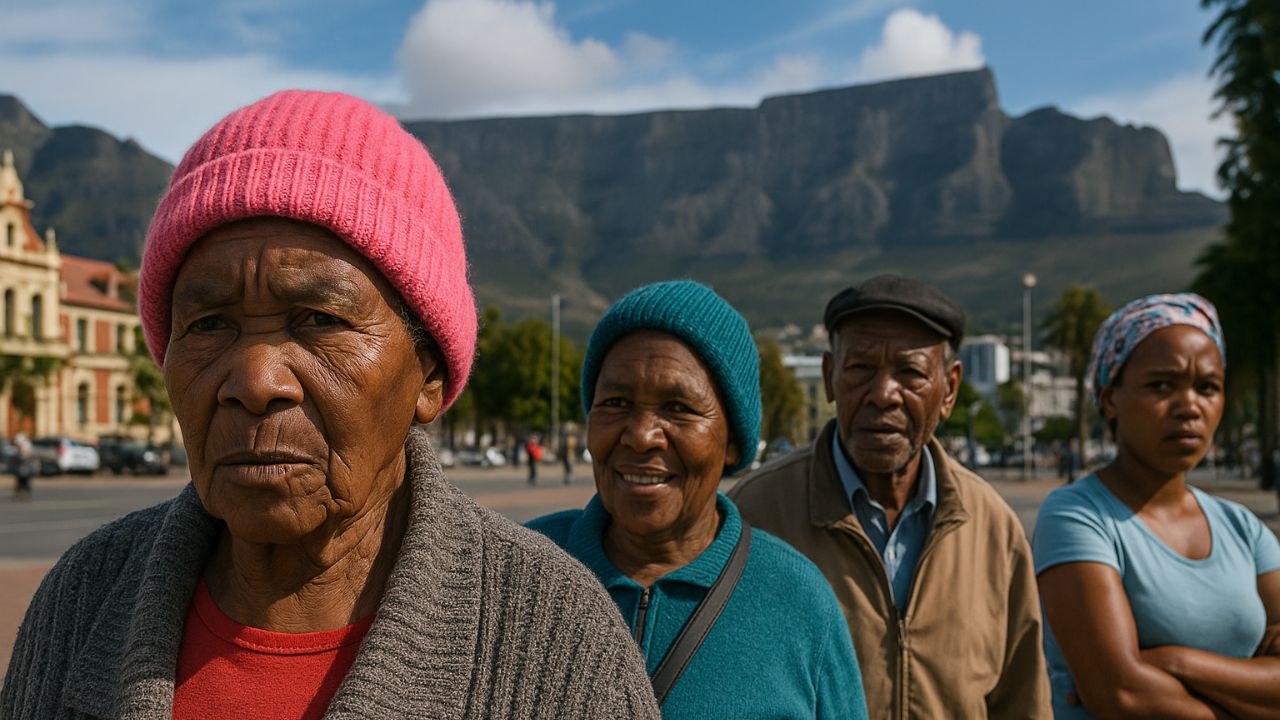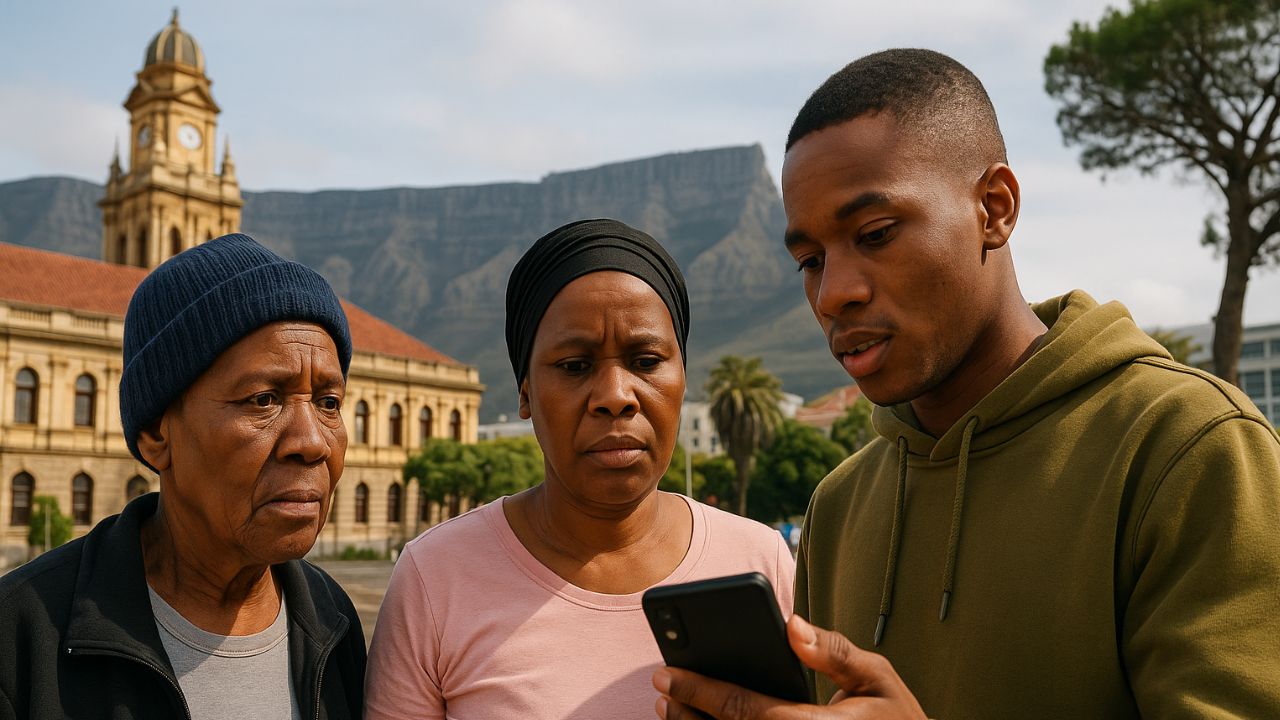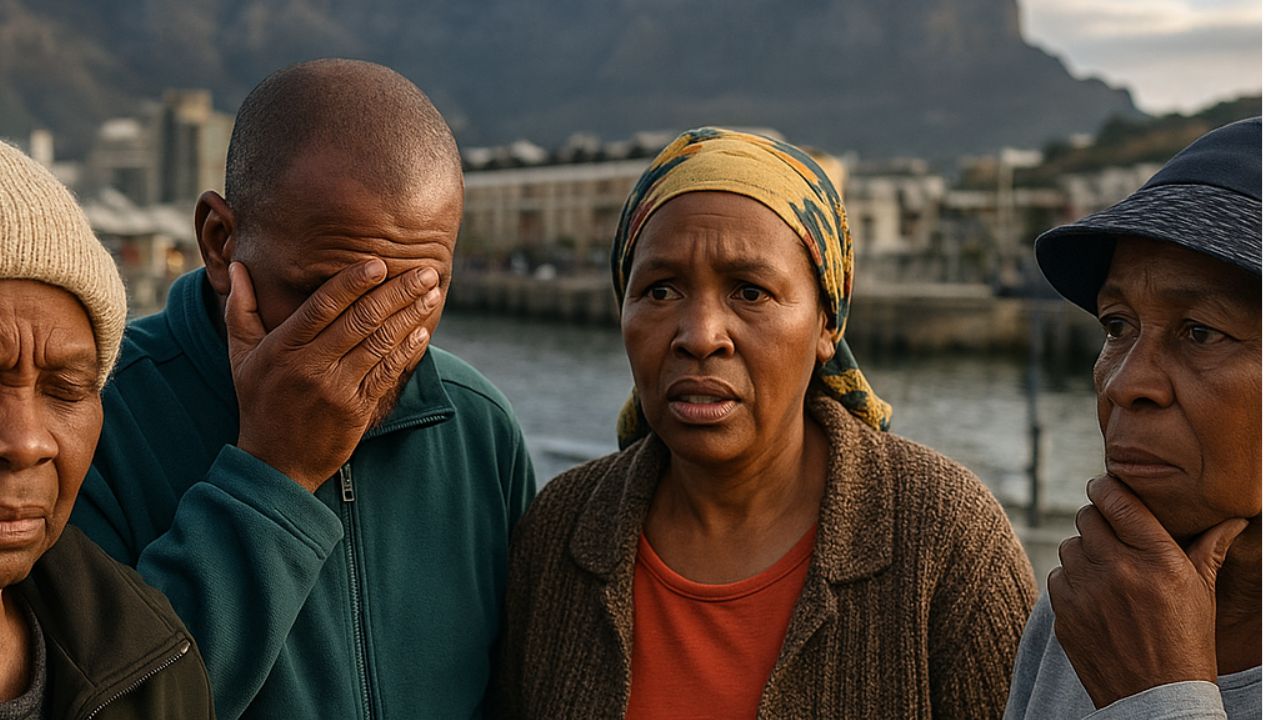
The Free Basic Electricity (FBE) program in South Africa continues to provide much-needed relief to low-income households by ensuring access to a limited amount of free electricity every month. In 2025, this initiative has been further strengthened to reach millions of families struggling with rising living costs. The government, in partnership with municipalities and Eskom, distributes a fixed number of free electricity units to qualifying households. These units are intended to cover essential daily usage such as lighting, cooking, and heating. The purpose of this support is to ensure that even the most vulnerable communities can live with dignity while reducing their financial burden. To qualify, households typically need to be registered as indigent or fall within specific income brackets set by local authorities. Understanding the updated eligibility criteria for September 2025 is essential, as qualifying families can save significantly on monthly expenses while ensuring consistent access to basic energy needs.
Who Qualifies for Free Basic Electricity in 2025?
Eligibility for the Free Basic Electricity program in 2025 depends on income level, household size, and municipal registration status. Generally, households earning below a set threshold or those officially classified as indigent qualify for the subsidy. In addition, residents living in informal settlements or rural areas where electricity usage is limited are also considered. Some municipalities automatically register households based on income and property values, while others require an application process. This ensures that assistance reaches families who genuinely need it the most. With electricity tariffs increasing in 2025, the FBE program is especially important for pensioners, unemployed citizens, and families living below the poverty line. Beneficiaries receive a monthly allocation of free units, usually between 50–100 kWh, depending on the municipality. By meeting these conditions, eligible households can lower their reliance on costly electricity purchases and maintain access to vital energy services.
How to Apply for Free Basic Electricity
Applying for Free Basic Electricity in 2025 has been made simpler to ensure broader access. Most municipalities now offer online application portals, allowing households to register without physically visiting municipal offices. Applicants generally need to provide proof of residence, identity documents, and income details. For pensioners, a SASSA card or grant confirmation can serve as supporting documentation. Municipalities also conduct periodic reviews to confirm that households continue to meet eligibility standards, ensuring that benefits are not misused. Once approved, beneficiaries automatically receive their free units each month, which can be accessed through prepaid electricity meters. Households must stay up to date with their indigent registration to avoid losing access to the program. With applications open throughout the year, families who meet the criteria should act quickly to secure this essential support. This straightforward process ensures that thousands of South Africans benefit from free electricity every month.
Benefits of the Free Basic Electricity Program
The Free Basic Electricity program goes beyond reducing electricity costs—it improves overall living standards. Families that qualify for the program are better able to keep their homes lit, cook meals, and heat water without the constant worry of running out of units. This relief is particularly important for households with school-going children, as it ensures they can study in the evenings without disruptions. For elderly citizens and those dependent on medical equipment, having reliable electricity can even be life-saving. By covering a portion of household electricity needs, the program allows families to redirect their limited income toward food, healthcare, and education. The program also contributes to social equality by narrowing the gap between low-income and wealthier households. In 2025, as inflation and energy prices remain a pressing challenge, the FBE program is one of the few initiatives that directly shields vulnerable families from financial strain.
Common Challenges and Future of FBE
While the Free Basic Electricity program provides valuable support, challenges remain. Many households are unaware of their eligibility, leading to unclaimed benefits. In some areas, technical issues with prepaid meters and delays in municipal registrations prevent families from receiving their free units on time. Additionally, the demand for electricity is growing, but the allocation of 50–100 kWh per month often falls short of covering full household needs, especially for larger families. Addressing these issues will require improved awareness campaigns, better infrastructure, and possible increases in the allocated units. Looking ahead, the government has indicated that it may expand the program to include renewable energy options, allowing households to benefit from solar-powered solutions. If implemented, these improvements could make the Free Basic Electricity initiative even more effective, ensuring that no South African is left without access to essential energy in 2025 and beyond.






